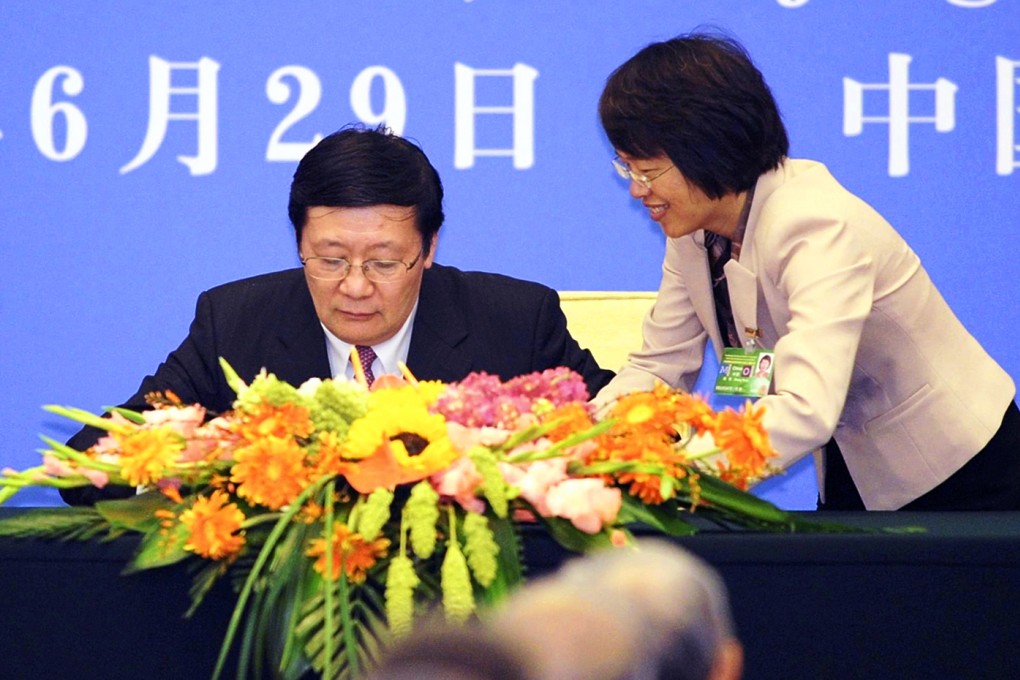Voting rights reflect Beijing's leading role in AIIB
China will be an influential player in the new infrastructure bank, with the power to have deciding voice on key matters, analysts say

The decision-making structure of the China-led Asian Infrastructure Investment Bank reflects the leading role that Beijing will play in the newly launched multinational institution, analysts say.
Beijing holds a 30.34 per cent stake in the bank as it contributed US$29.78 billion of the institution's initial capital. It will also have 26.06 per cent of the voting rights, giving it effective veto power, as the bank's major decisions will require the support of at least 75 per cent of the votes.
"It means China has a lot of say in the AIIB's decision-making. Of course, that comes with a price tag to match," said Hong Hao, chief economist and managing director of investment bank Bocom International.
Zhao Changhui, an economist with the Import-Export Bank of China, said: "The power structure suggests that China will play a leading role in the bank as it is reflected in China's large stake, its single largest voting rights, and the formation of the bank's decision-making bodies."
But many expect Beijing to hold back on exercising its veto power.
The articles of agreement of the bank signed by 50 of the 57 founding nations in Beijing yesterday said only major decisions would need to be approved by 75 per cent of the votes.